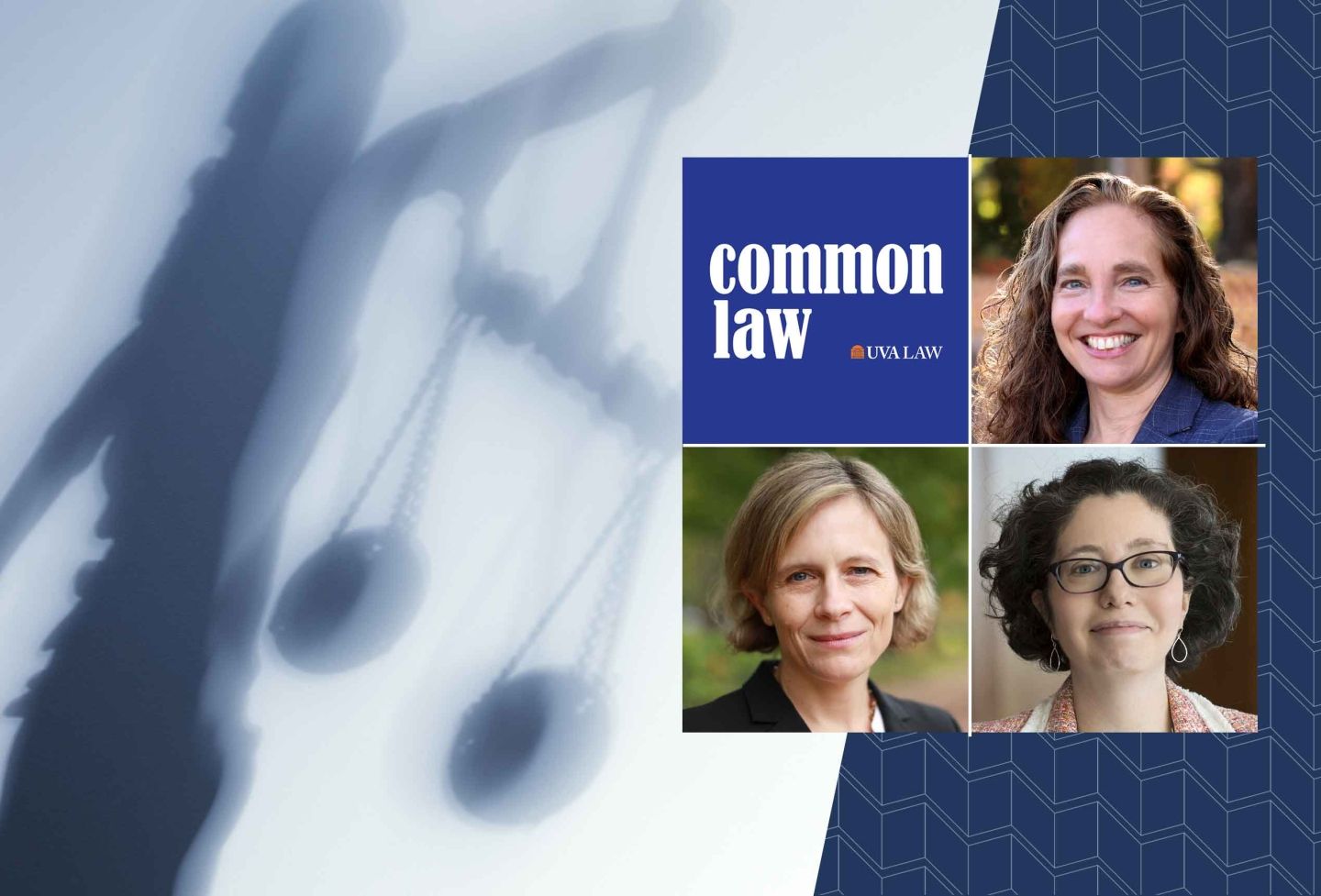Professor Aditya Bamzai of the University of Virginia School of Law will make his debut this month at the U.S. Supreme Court after a rare decision by the justices to allocate argument time to an independent amicus curiae.
The court on Friday granted him 10 minutes to present along with parties representing sides in three consolidated cases — Dalmazzi v. U.S., Cox v. U.S. and Ortiz v. U.S. The argument will be heard Jan. 16.
Bamzai filed a motion on Dec. 14 for divided argument.
The cases involve challenges to the appointment of various judges who serve on the U.S. Courts of Criminal Appeals for the military services. The challenges were rejected by the U.S. Court of Appeals for the Armed Forces, an adjudicating body housed within the executive branch.
In his brief, Bamzai argued that the Supreme Court does not have jurisdiction to hear the cases.
“Though called a ‘court’ by statute, the [Court of Appeals for the Armed Forces] is located for constitutional purposes within the Executive Branch,” he writes.
“Chief Justice Marshall’s opinion in Marbury v. Madison makes it clear that the Supreme Court cannot exercise ‘appellate Jurisdiction’ under Article III directly from an officer of the Executive Branch. … Accordingly, the [Supreme Court's] exercise of jurisdiction over cases directly from the CAAF violates Article III.”
The U.S. Office of the Solicitor General filed a six-page response to the argument. Bamzai then filed a motion requesting time for oral argument, which the court granted.
Professor Dan Ortiz, director of UVA Law’s Supreme Court Litigation Clinic, said it’s “extremely uncommon” for the justices to grant speaking time to an amicus who isn’t siding with either party and wasn’t appointed by the court. In fact, this is the first time since at least the 1940s that the court has granted a law professor's request to argue in a case, Bloomberg Law found.
“I’m pretty sure they chose him because he made a very compelling argument in his motion for oral argument that the parties were overlooking an important issue,” said Ortiz, who also argued at the court this term. “The court must also have been impressed by the quality of his brief.”
The case likely sets up the Supreme Court’s first significant pronouncement in 120 years on the meaning of Marbury, which established the principle of judicial review, and the scope of Article III’s Original and Appellate Jurisdiction Clauses.
Bamzai is a former attorney with the Department of Justice and previously clerked for Justice Antonin Scalia. His primary teaching and research interests are in the fields of civil procedure, administrative law, federal courts, national security law and computer crime. He joined UVA Law’s faculty as an associate professor in June 2016.
Founded in 1819, the University of Virginia School of Law is the second-oldest continuously operating law school in the nation. Consistently ranked among the top law schools, Virginia is a world-renowned training ground for distinguished lawyers and public servants, instilling in them a commitment to leadership, integrity and community service.


